Head of Junior Years
Mrs Maria Denholm

Head of Junior Years
Mrs Maria Denholm
Recently the Prep/Year 5 buddy programme has begun. This initiative matches up the Prep students with a Year 5 buddy who spends time developing a friendship and relationship which is maintained throughout the year. Every Wednesday fortnight the classes meet and enjoy their lunch together.
Please enjoy the photos which were taken last week.
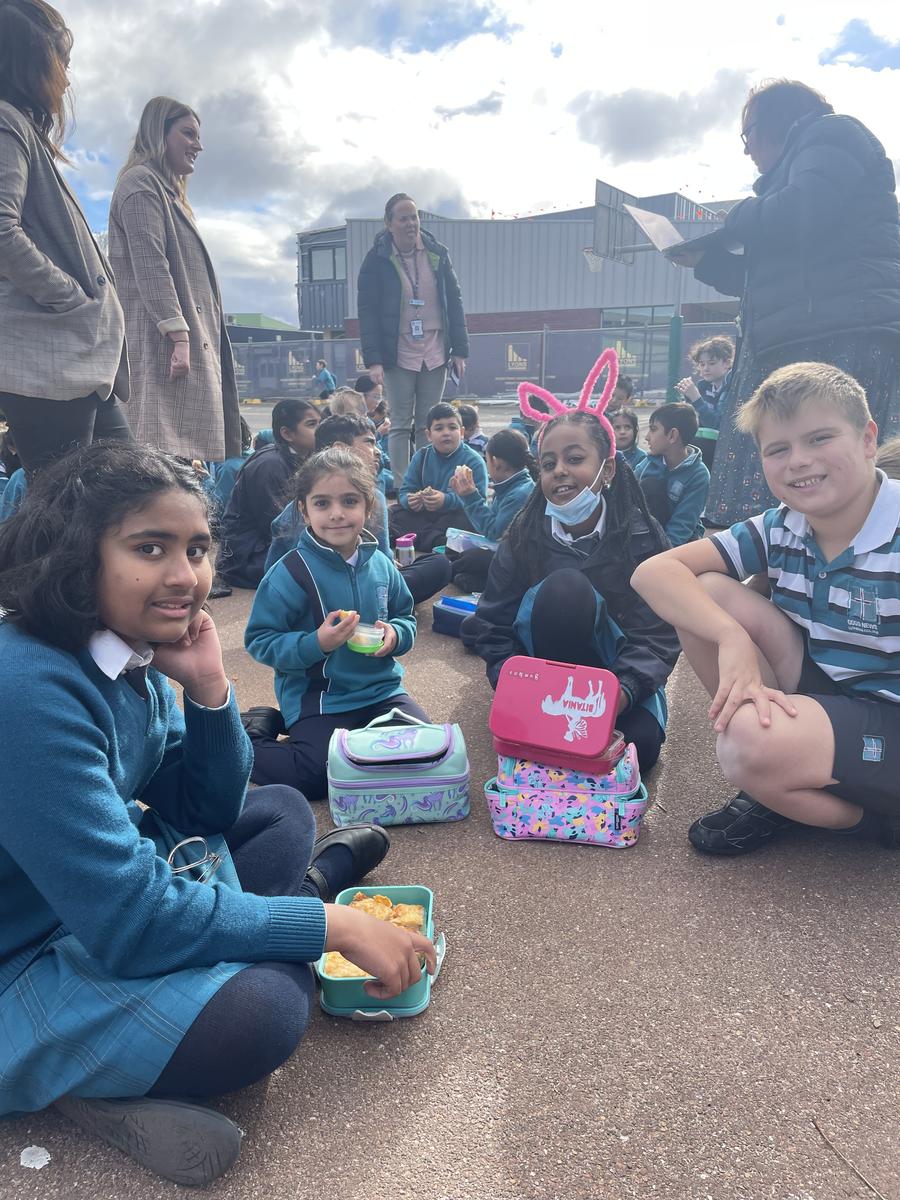
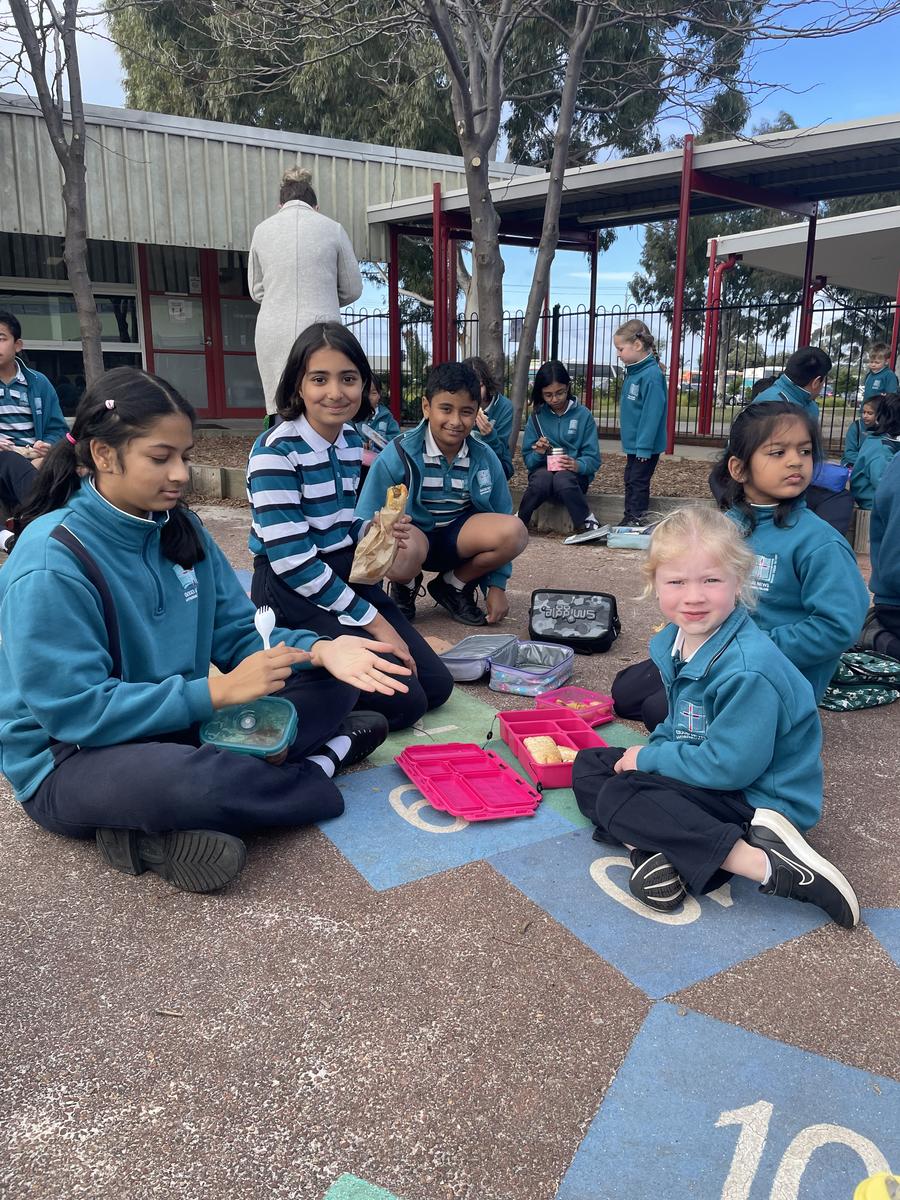
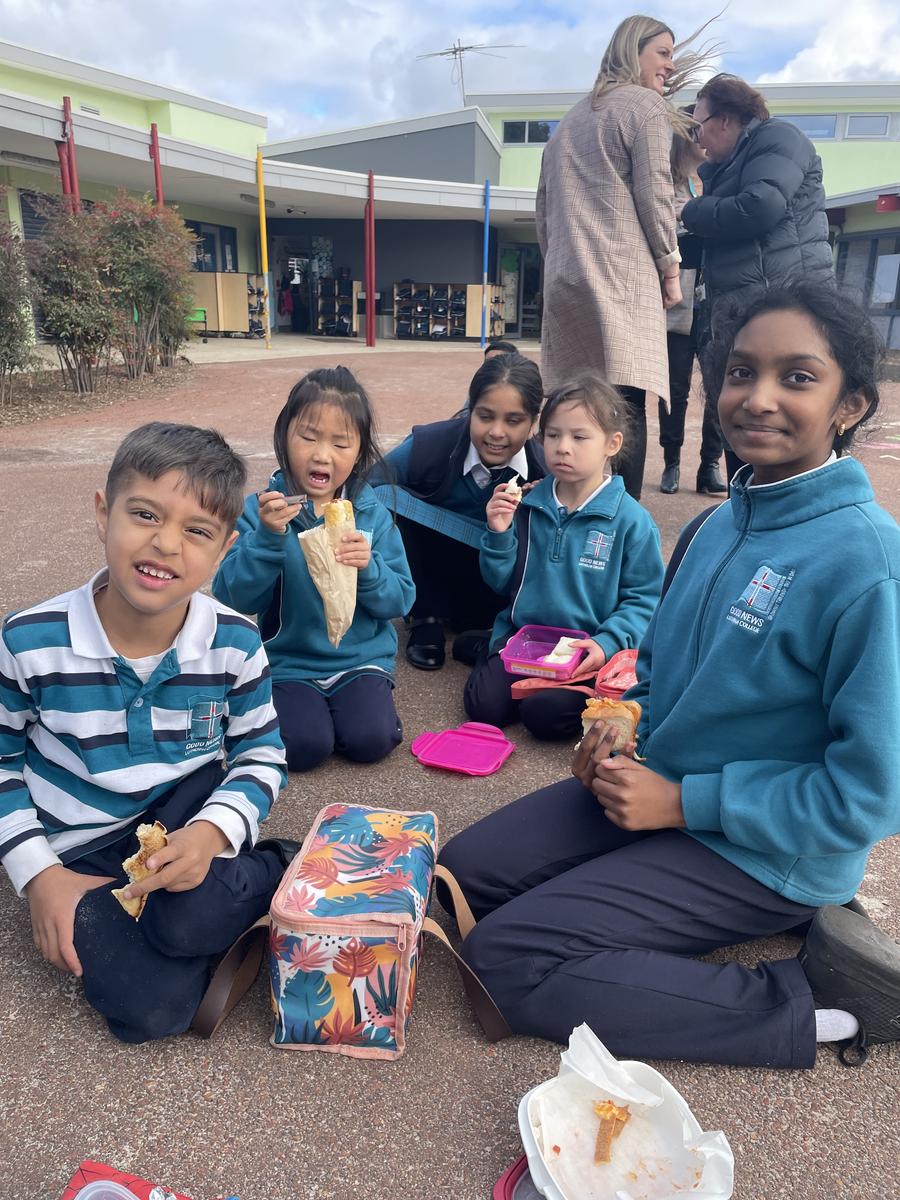
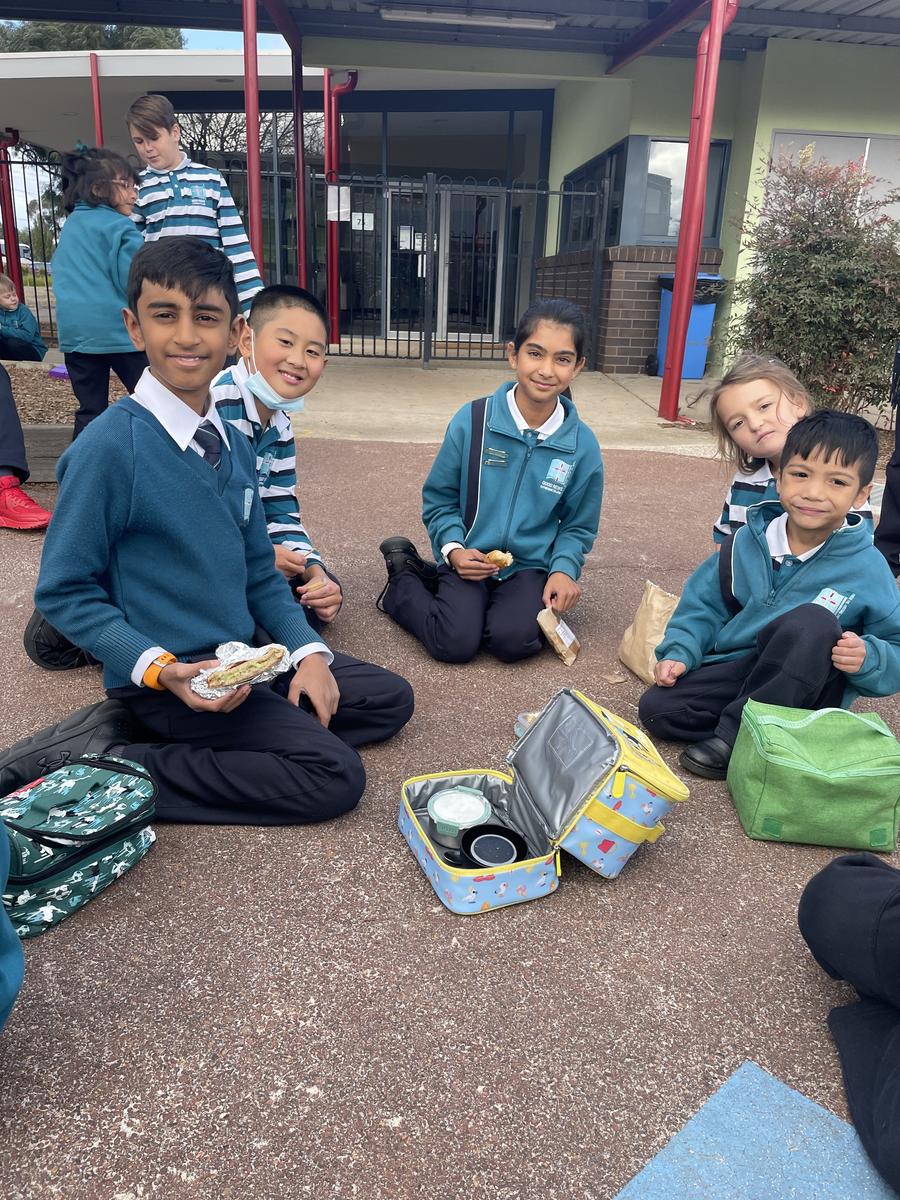
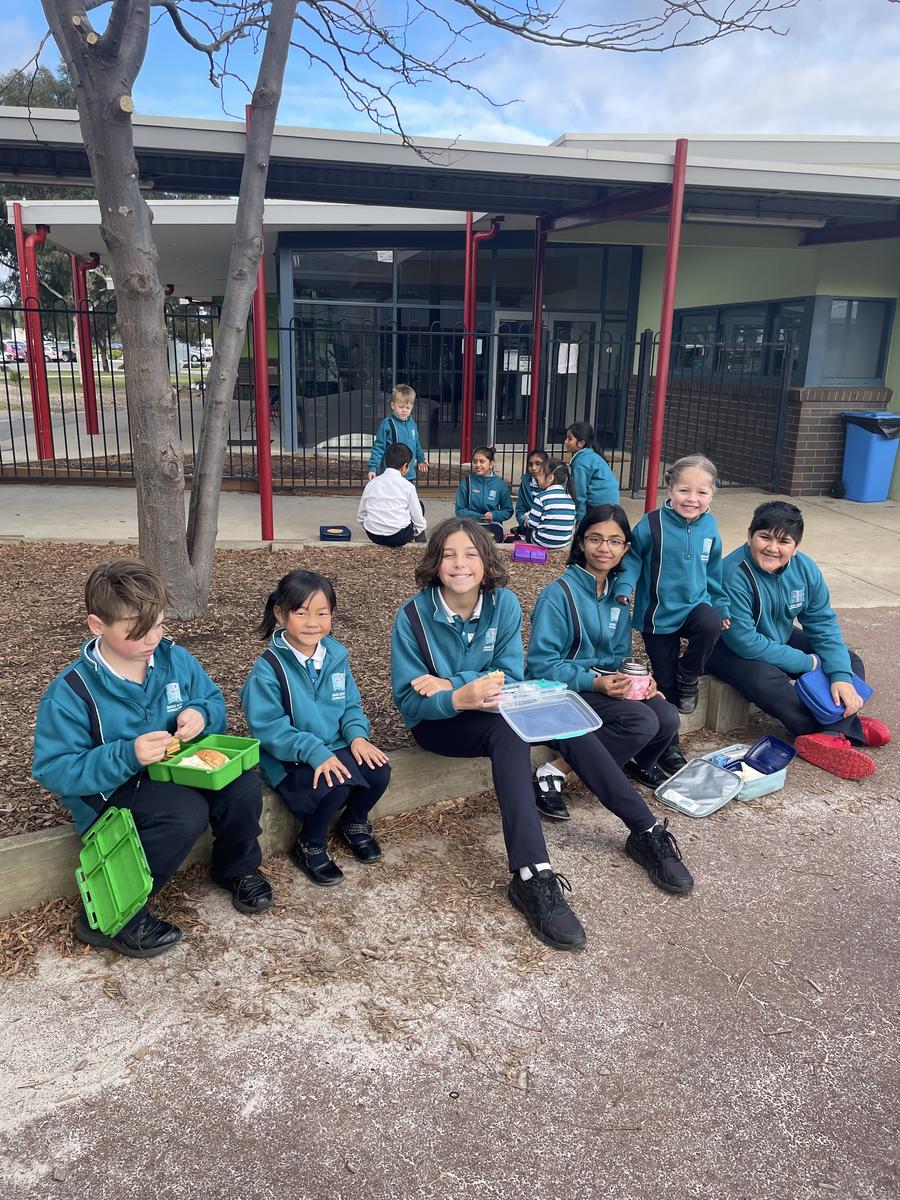
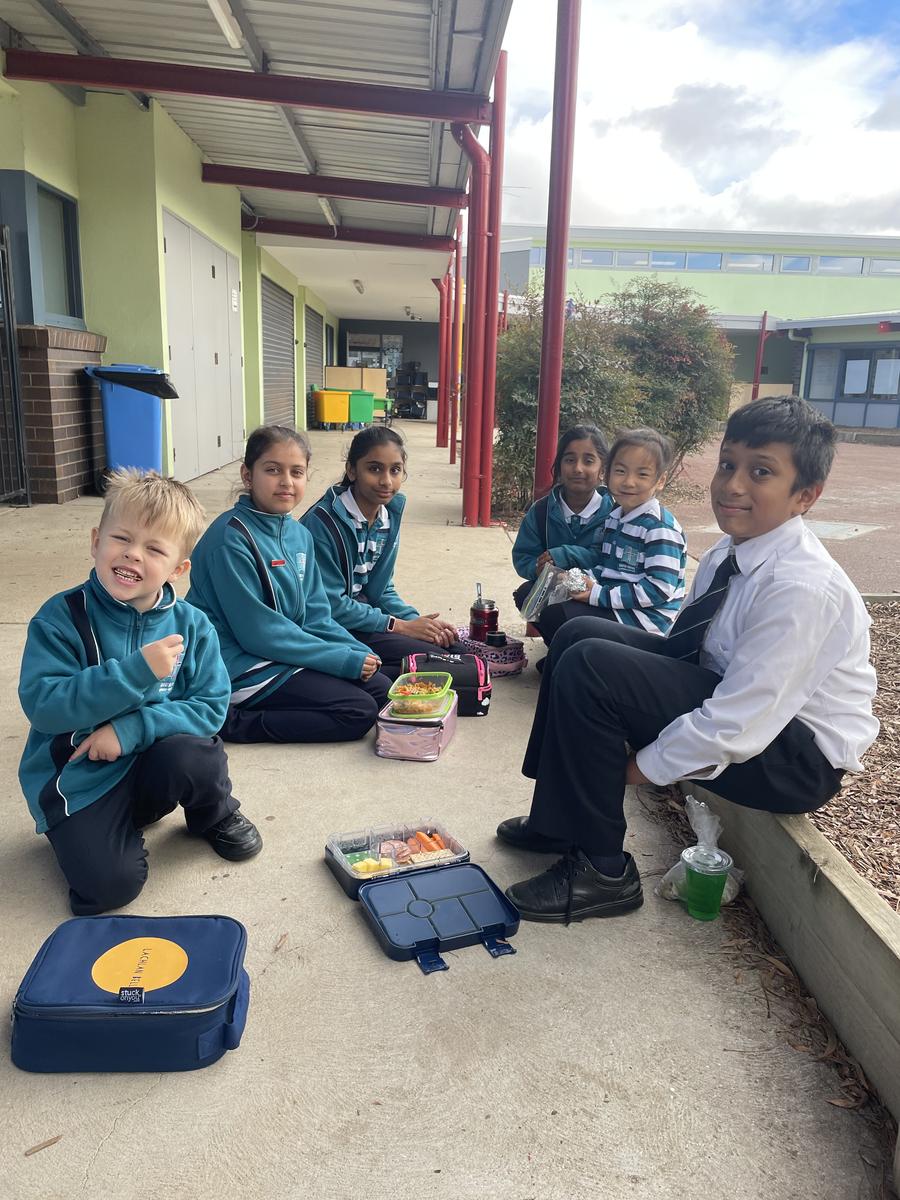
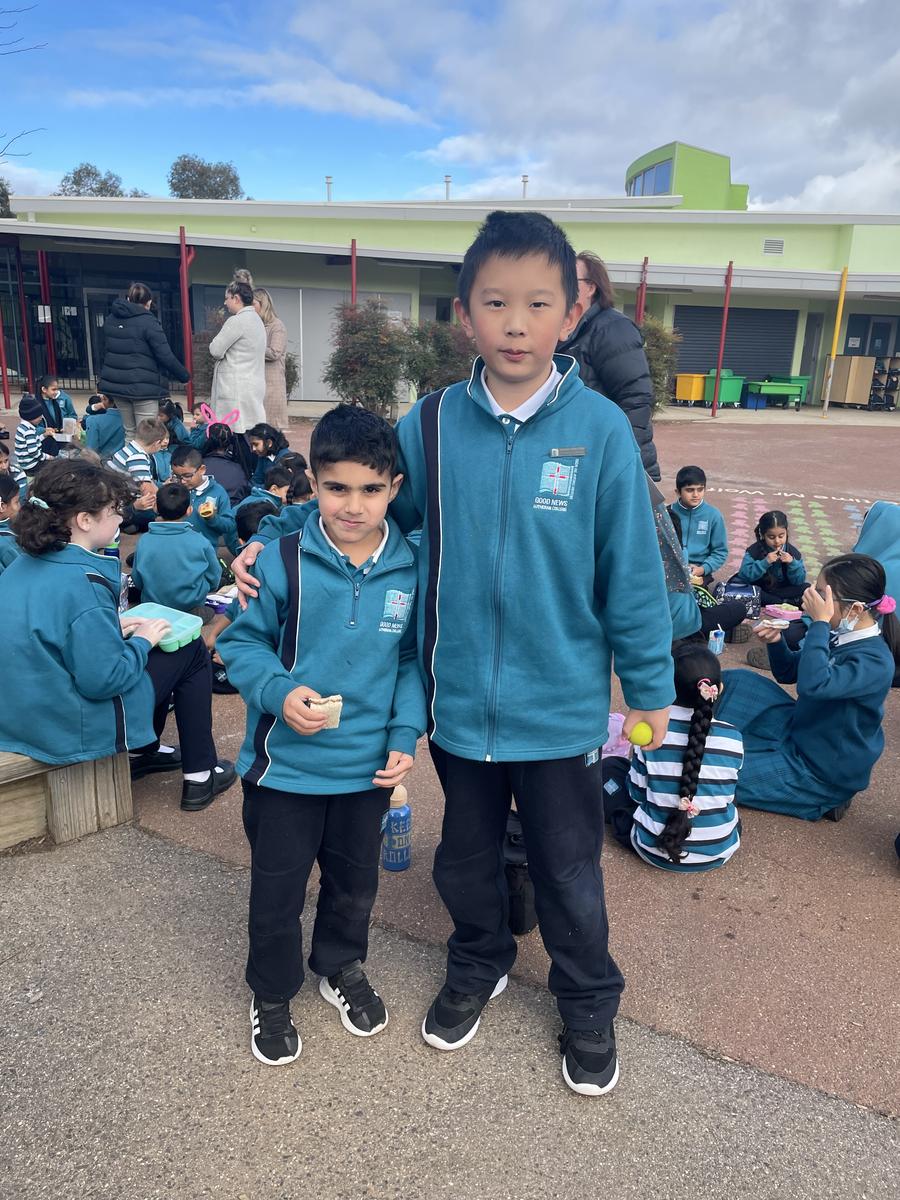
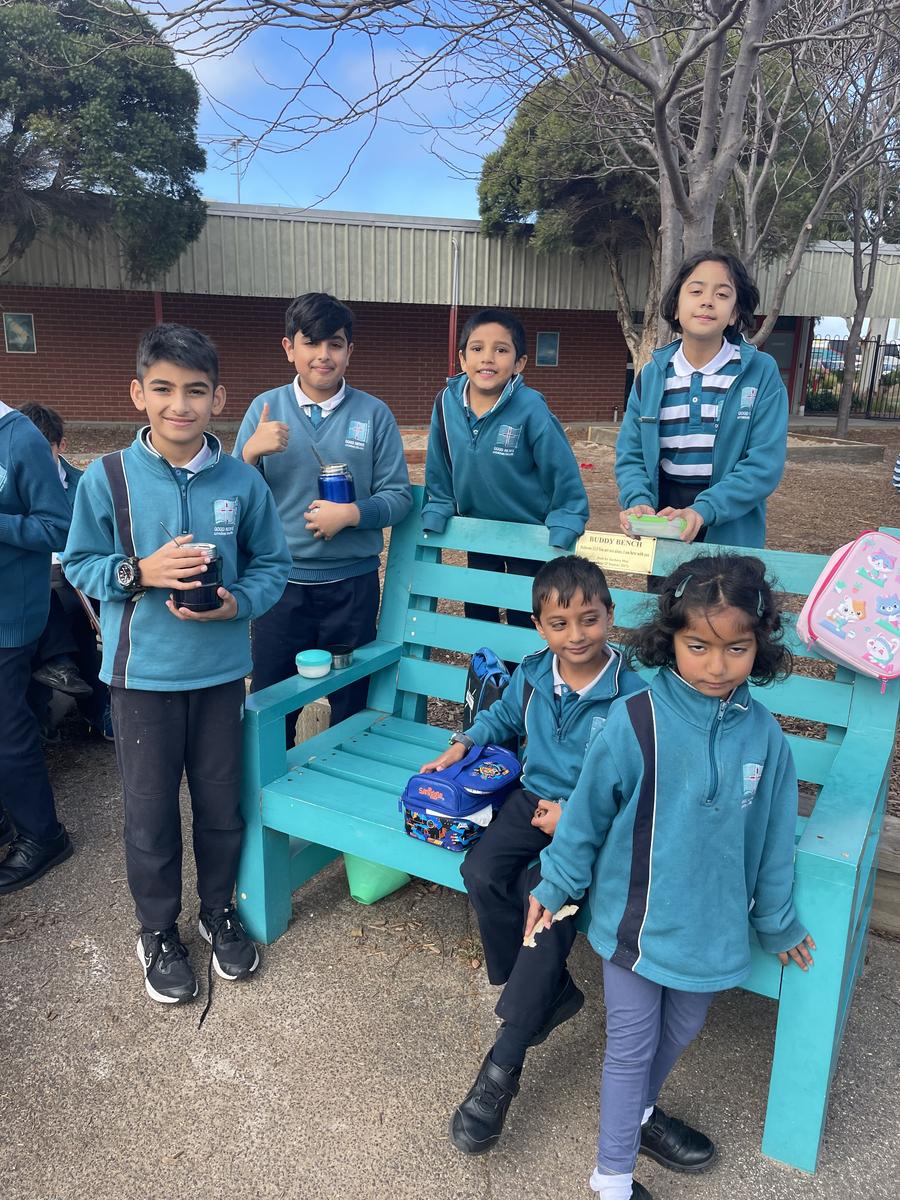








This term Prep students have been learning about important places as a part of their Unit of Inquiry "Where We Are in Place and Time". Last week each Prep class explored further into a particular place and their features. Some of these places included airports, hospitals, post offices and a canteen. They were even treated with a special guest speaker who was a flight attendant and spoke about the features of an airport. Students applied this new knowledge to work together to replicate one of these places in their classrooms. On Wednesday the Preps rotated and explored each of the Prep spaces and the places they had created.
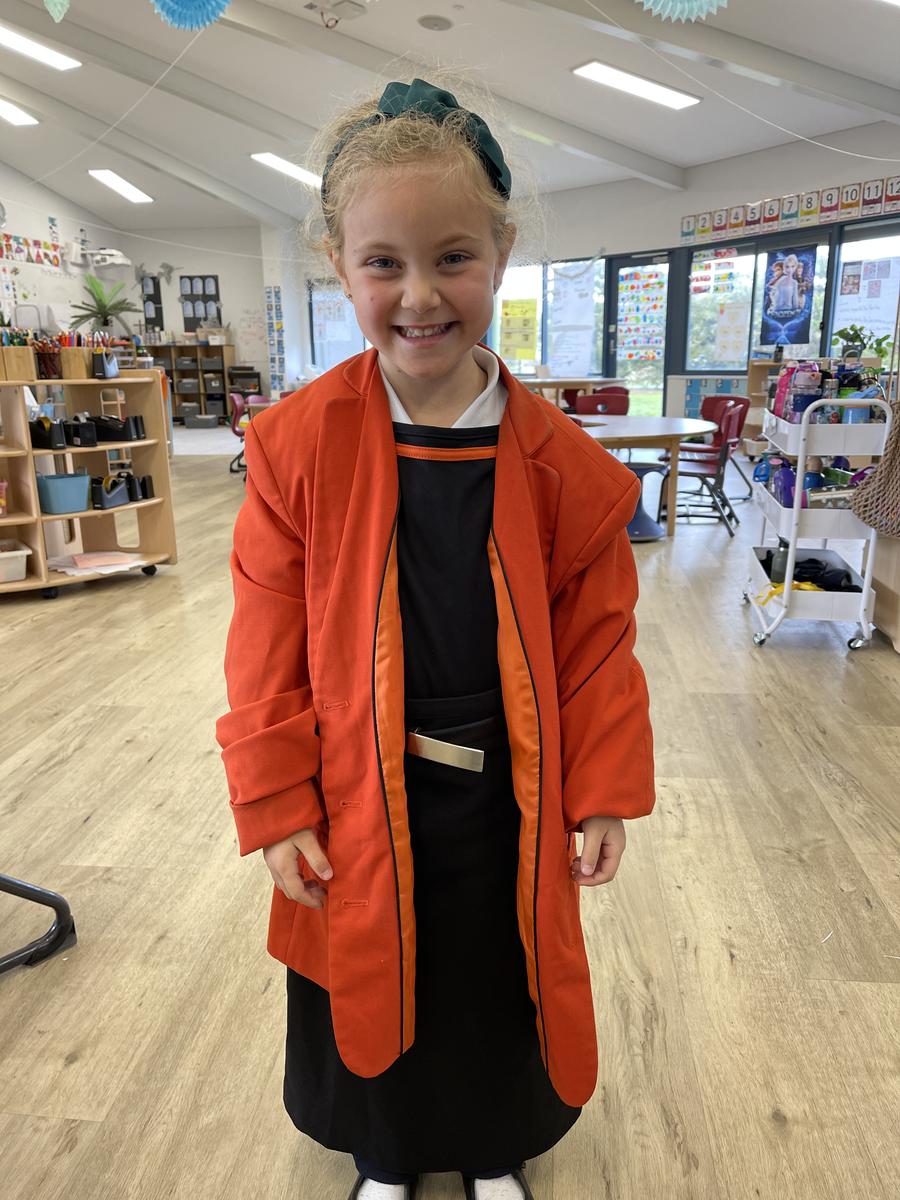
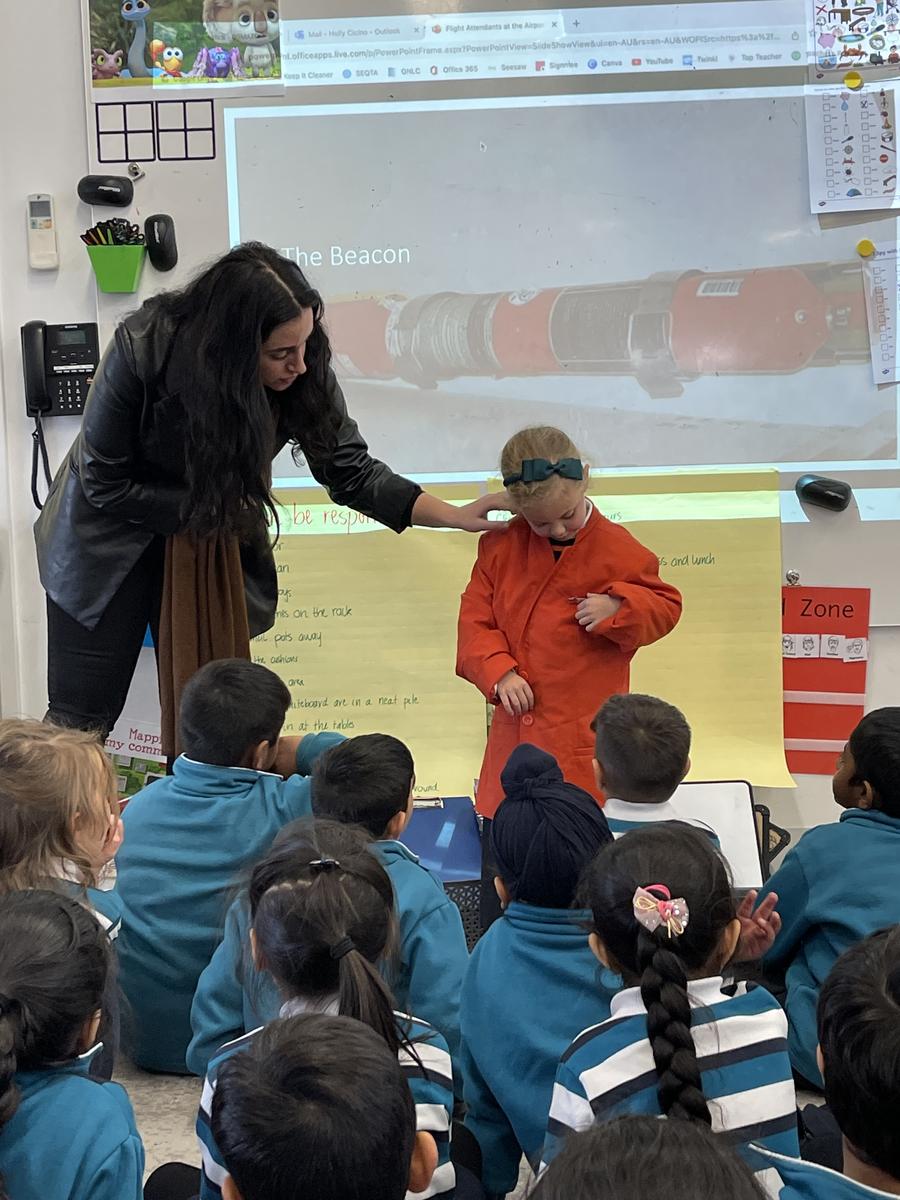
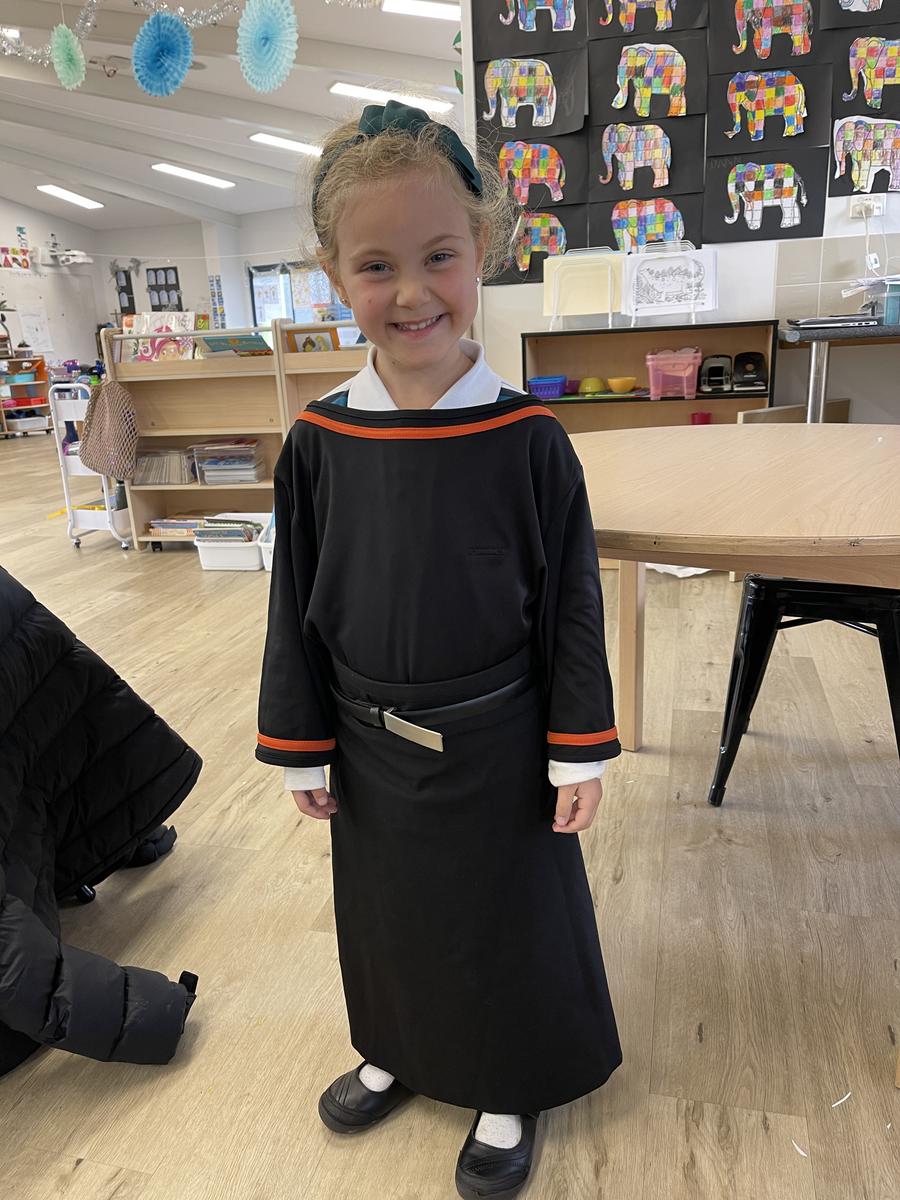
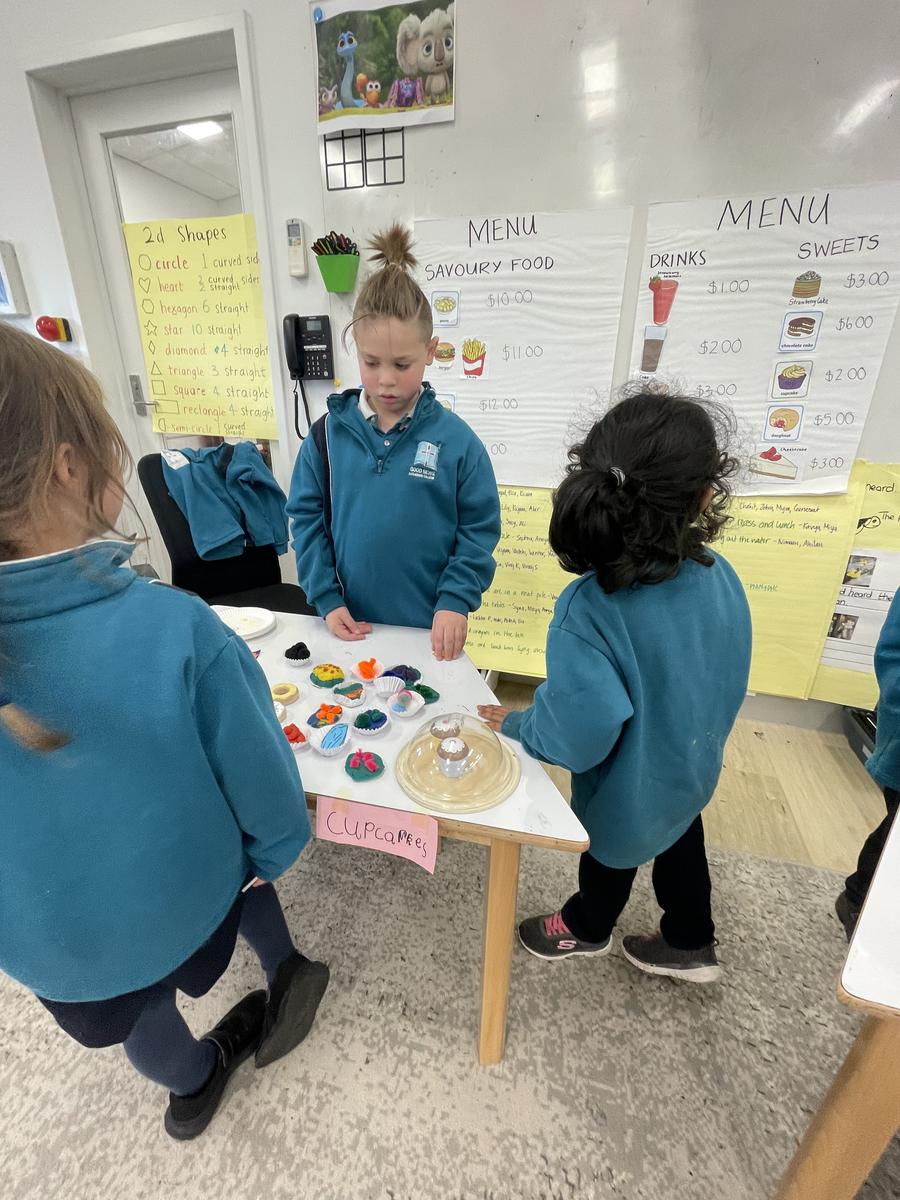
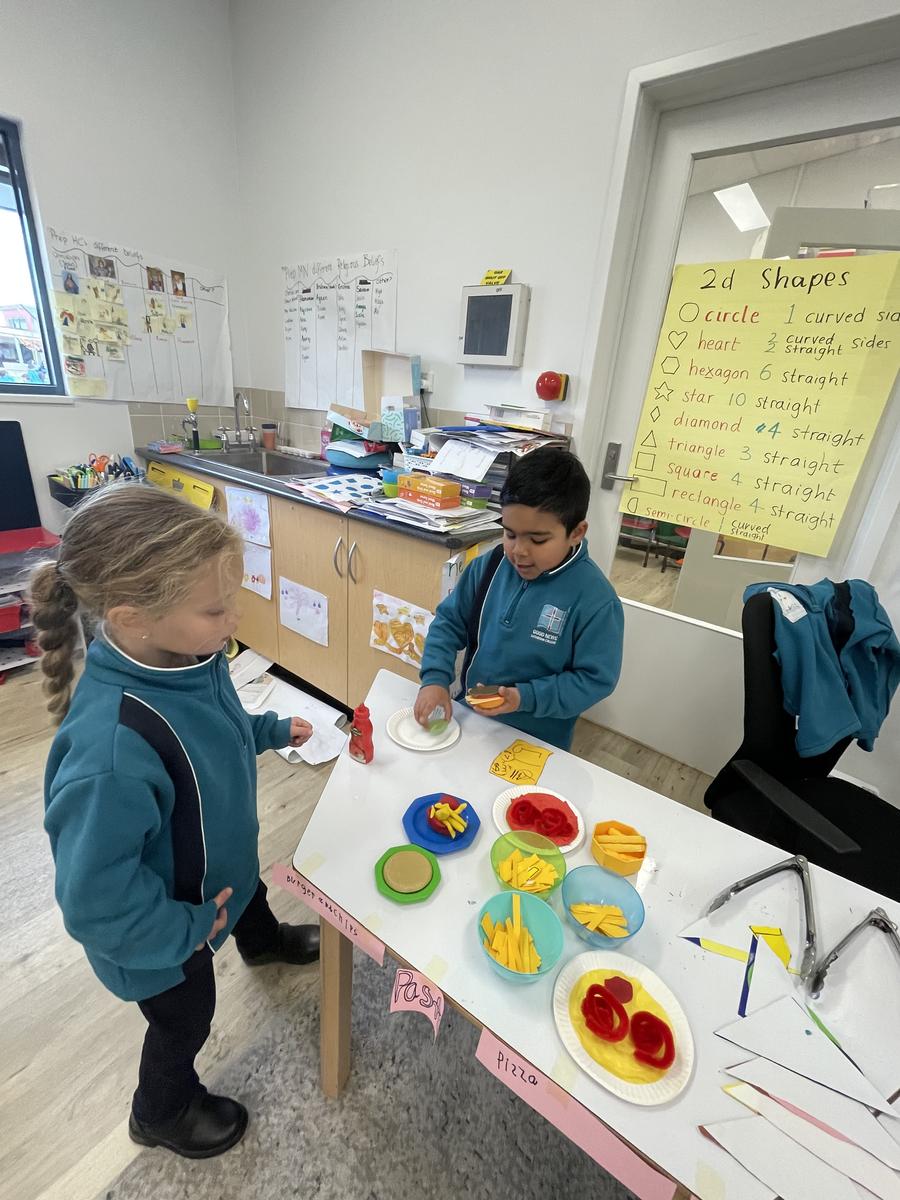
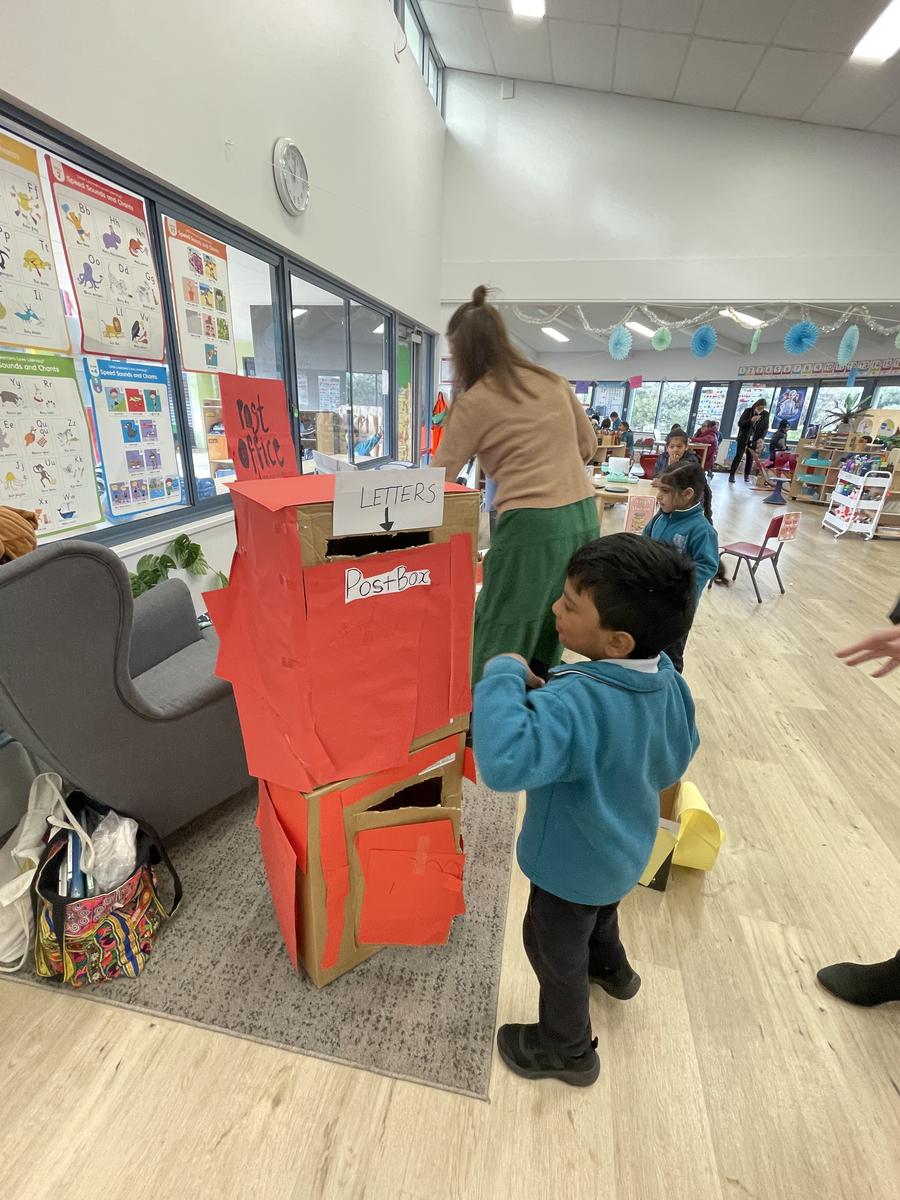
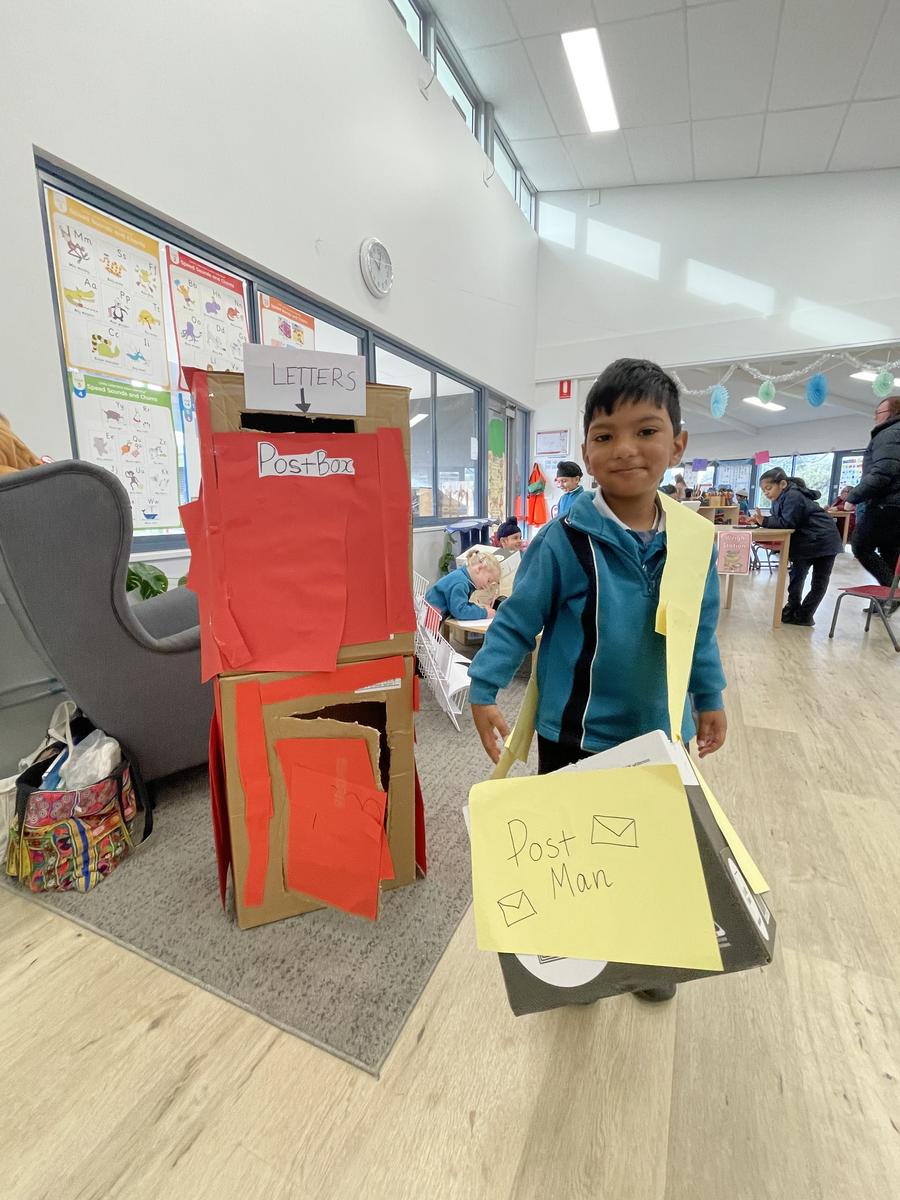
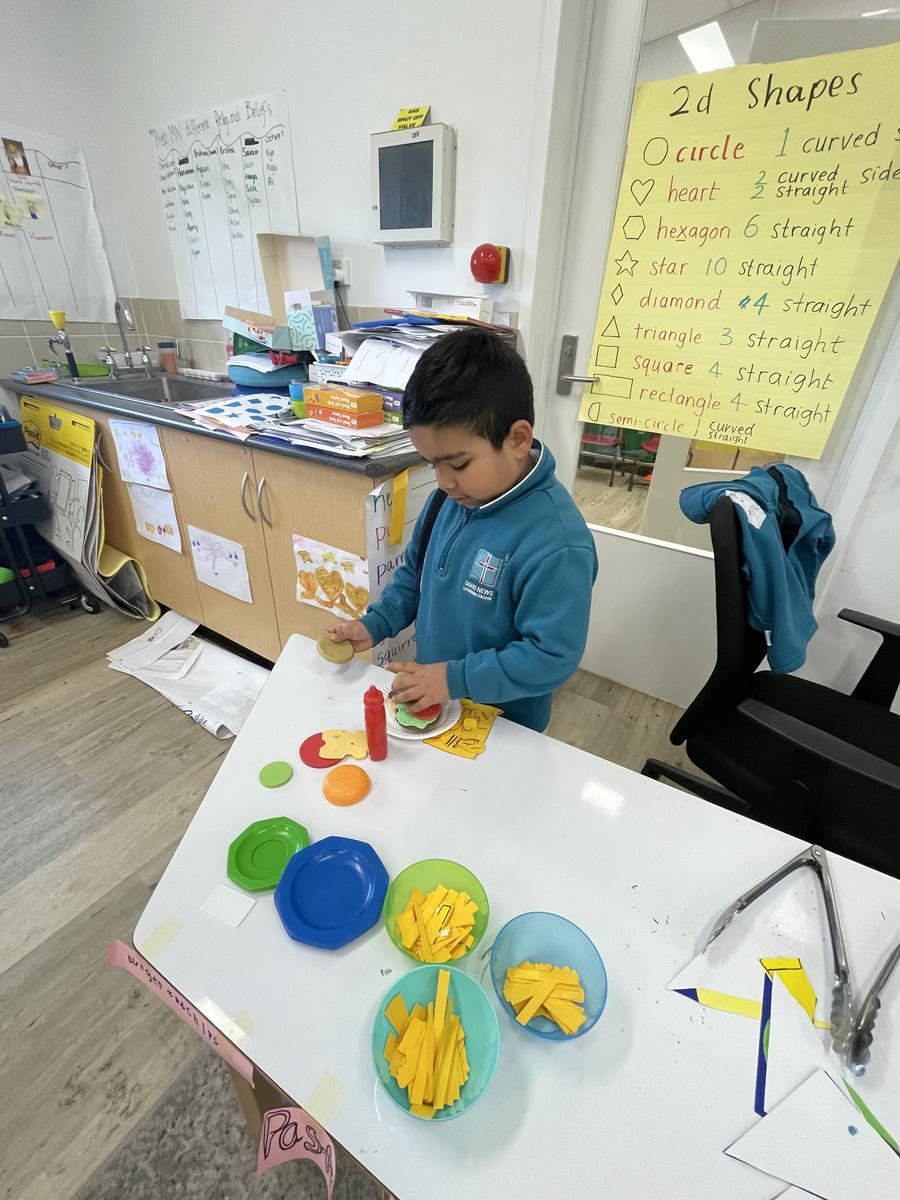








During the week beginning Monday 27 June you will receive your child’s End of Semester 1 Progress Report.
This may be the first ever report of this type if your child has just started school, maybe the first one from Good News if your child is new to the college or maybe you’ve had many before. The purpose of this information is to let you know a little more about what they mean and how best to understand them.
The most important thing to remember is that each student is on their own learning journey. There is a saying that goes, “The only thing that is normal is the setting on a washing machine!” You as parents know your child best, you know their strengths and challenges, interests, and abilities.
All the work which the students have completed throughout Term 1and 2 is reflected in the Semester 1 Progress report as an A – E grade and is assessed against the Australian Curriculum Achievement Standards for the end of the year.
The images below are from our 2019 report format. The style has changed since then, but the information shared is the same.
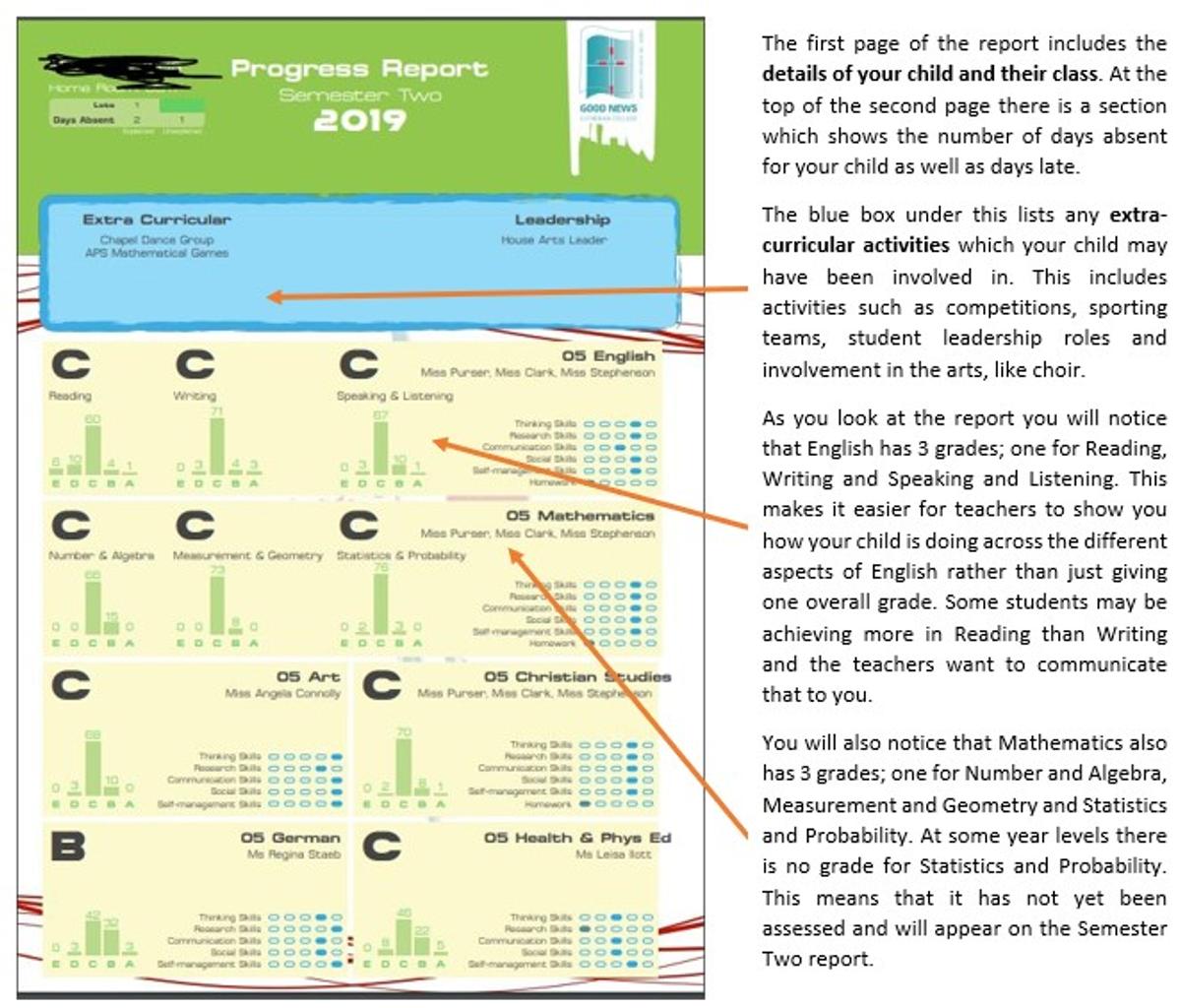

You will then see grades for Christian Studies, Art, German, Health and Physical Education, Music, and then Unit of Inquiry over two pages. Following UOI will be the name of the specific unit. Over the year, students have six units of inquiry: Who we are, Where we are in place and time, How the world works, Sharing the planet, How we express ourselves, and How we organise ourselves. There will be two units listed for Prep students and 3 for Years 1 – 5.
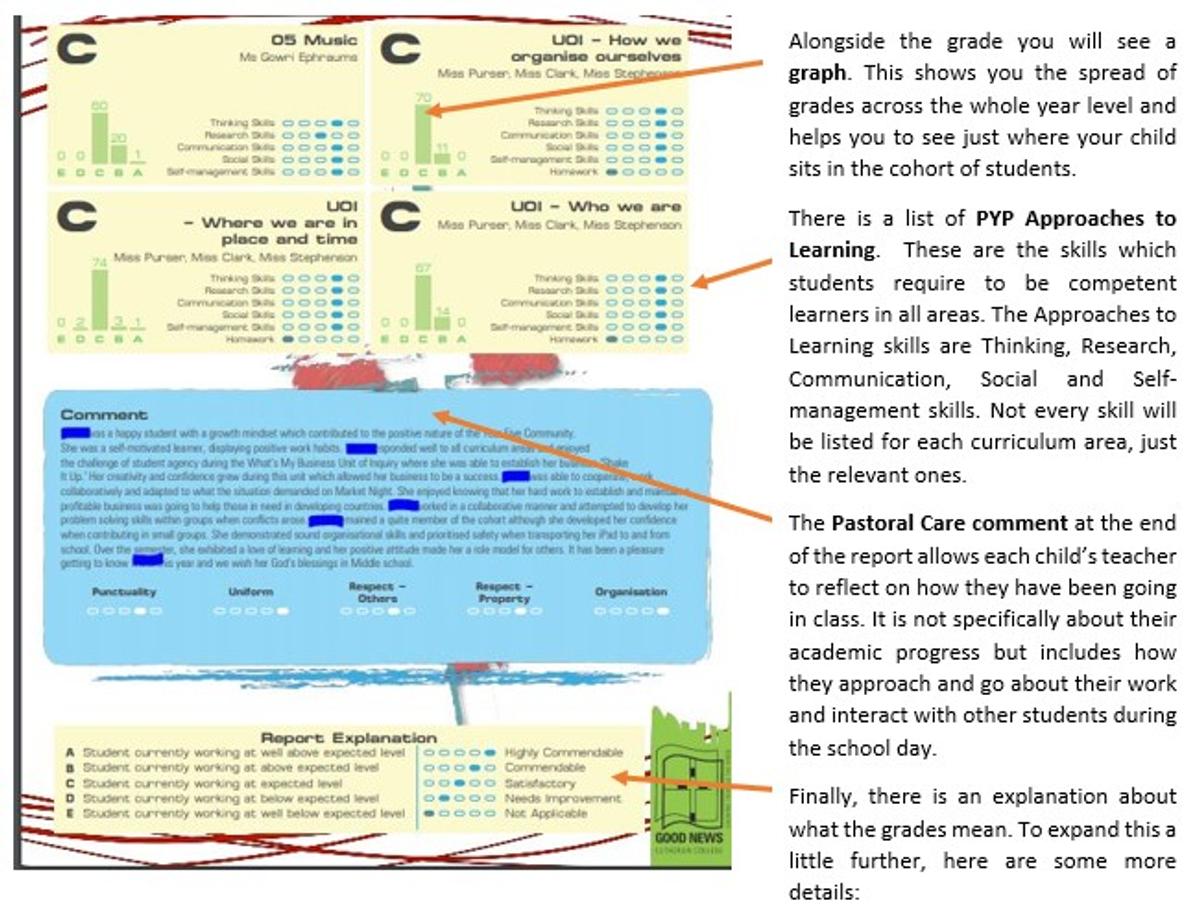

A – The student is currently working well above the expected level. In most cases, this student is working independently. They challenge themselves by producing work that is more detailed and sophisticated and reflects a deep understanding. They can also apply what they have learned to new situations.
B – The student is currently working above the expected level. This student is beginning to work more independently. They have a solid understanding of what they have learned and are starting to apply it in new situations and across the curriculum.
C – The student is currently working at the expected level. This student has demonstrated to the teacher that they know or can do what is required. It may not yet be perfect, 100% correct, or totally independent but they are working where they need to be.
D – The student is currently working below the expected level. This student may be at a level in some aspects of their work but not enough to say that they have an adequate understanding of the knowledge or skill which has been taught.
E – The student is currently working well below the expected level. This student has not been able to demonstrate enough of the knowledge or skills taught just yet.
PYP Approaches to Learning
Approaches to Learning (ATL) are grounded in the belief that learning how to learn is fundamental to a student’s education.
Five categories of interrelated skills and associated sub-skills support students of all ages to become self-regulated learners.
Through a variety of strategies, teachers collaboratively plan for implicit and explicit opportunities, to develop ATL both inside and outside the programme of inquiry.
Thinking skills
Research skills
Communication skills
Social skills
Self-management skills
Some things to remember:
Share and celebrate the report with your child no matter what the grades may be. The indicators of your child’s work habits/ ATL’s are just as important as the final grade. We are not defined by our grades. Many of our gifts and talents simply cannot be ‘graded’ and often these are far more important than a grade!
These grades should not be a surprise to you. The online, continuous assessment system through SEQTA and Seesaw allows teachers to keep parents up to date with assessments as they are marked. The grades in the report reflect a summary of these assessments.
Please remember that at the end of Semester 1 all students are assessed against the end of year Achievement Standard. They still have six months of learning to go, to achieve their expected year level!
Often students need time and practice to consolidate a skill. Talk to them about how you may be able to help them with something they are struggling with. Regular reading to an adult (no matter what year a student is in) is one of the best things any parent can do to help their child. Talk to your child’s teacher if you are concerned about their learning. They are here to help.
How you respond to your child’s report is very important. Some may feel that you will be disappointed if the emphasis is on performance rather than growth and development.
In the Junior Years at Good News, we strive for our students to approach all learning with a growth mindset. Students with a growth mindset will recognise failure as a learning opportunity and the ability to persist as an important lifelong skill.
Students with a fixed mindset may give up when things become too hard, and feel constant pressure to perform and compete with their peers. Research shows that this pressure and stress can negatively impact student achievement and that a growth mindset can actually lead to greater overall learning.